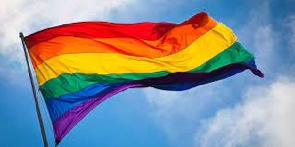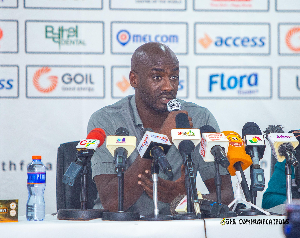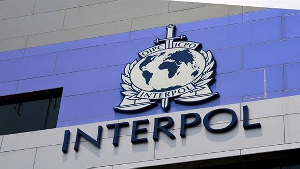Ghana is currently grappling with a disturbing rise in animosity towards its LGBTQ community, a trend that risks cultivating a society marked by prejudice and discrimination.
While the LGBTQ community is the current target, this pattern of intolerance could easily extend to other minority groups, based not only on sexual orientation but also on religious beliefs or other deviations from societal norms.
This situation arises when powerful political and religious figures perceive the choices or preferences of minorities as threats, leading to the propagation of discriminatory laws or the incitement of hatred.
Members of the LGBTQ community, irrespective of their sexual orientation, are integral parts of families, possess unique skills, and make valuable contributions to society.
Despite this, the swift move by parliament to criminalize LGBTQ activities indicates that religious prejudices, political propaganda, and misinformation about LGBTQ individuals and their rights are igniting a wave of hostility rooted in baseless anger.
The narrative of religious conflict is inflaming sentiments among many Ghanaians, prompting them to reject anything they perceive as unnatural or inconsistent with Ghanaian culture and family values. This campaign has regrettably succeeded in creating a divide between the LGBTQ community and the broader society.
Advocates for the human rights of the LGBTQ community often face stigmatization, disparagement, and in extreme cases, threats. The degree of hatred brewing in Ghana is such that the human rights situation for those identifying as LGBTQ is unstable, and their social existence is increasingly marginalized.
Merely associating with the LGBTQ community can result in a person being stripped of his or her rights, with scant regard for compassion, empathy, or basic human dignity.
Many LGBTQ individuals are already confronting substantial risks, even before the enactment of any discriminatory laws. There is a pervasive lack of understanding and acceptance as if members of the LGBTQ community are outsiders or extraterrestrial beings.
The fear of societal retaliation makes it exceedingly difficult for any LGBTQ individual to openly express their identity, even to their closest family members. This fear is amplified by the widespread anger and hostility directed toward them. The situation is leading to psychological trauma and constant fear for their lives, making them feel devalued and marginalized. This not only harms the individuals involved but also tarnishes Ghana's international reputation.
It is imperative for Ghana to leverage its famed hospitality and cultivate empathy and understanding toward the LGBTQ community. This is a crucial step towards ensuring a society that is more inclusive and tolerant.
Opinions of Sunday, 6 August 2023
Columnist: Isaac Ofori



















